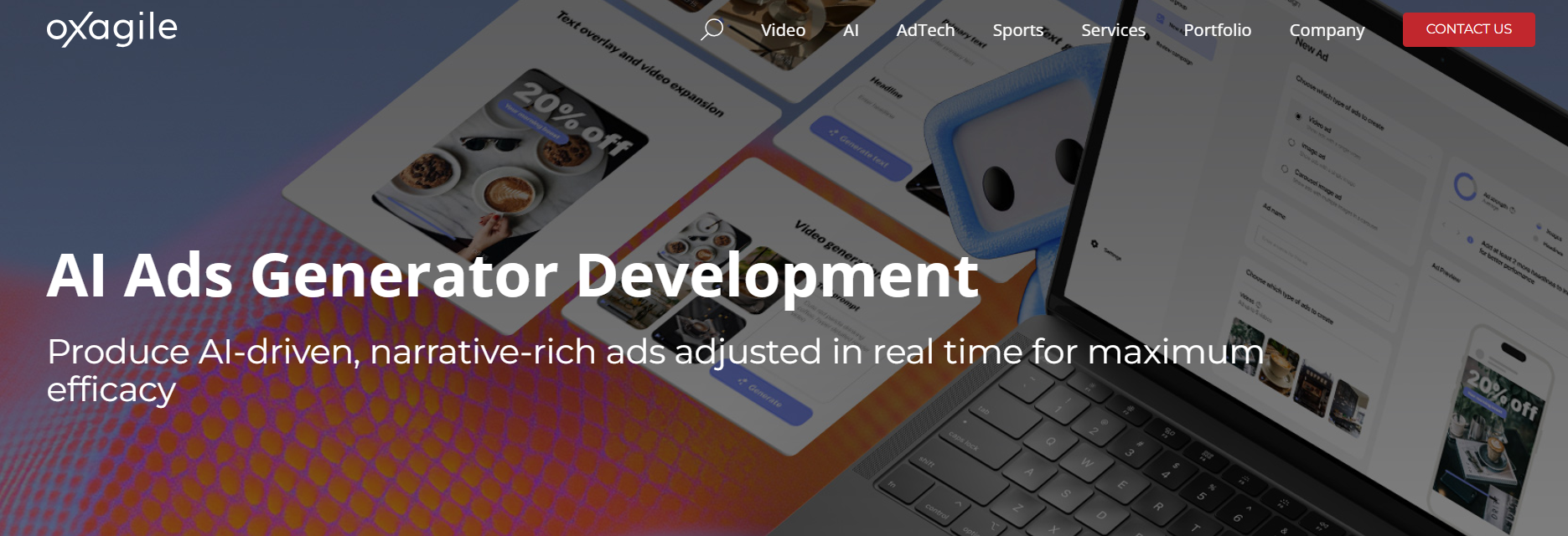
The Impact of AI-Driven Process Automation on Business in 2025
In 2025, artificial intelligence (AI) continues to reshape business landscapes by automating processes and enhancing operational efficiency. According to a 2024 report by Gartner, the global market for AI-driven process automation is expected to exceed $12 billion, highlighting its critical role in modern business operations. From streamlining workflows to reducing costs, AI is revolutionizing how organizations approach day-to-day tasks.
Key Statistics Driving AI Process Automation Adoption
Understanding the transformative power of AI in process automation requires a closer look at the numbers:
- Operational Savings: Businesses using AI-driven automation report a 35% reduction in operational costs, according to McKinsey.
- Task Efficiency: AI-powered tools complete repetitive tasks 70% faster than manual methods, improving productivity across sectors (Statista).
- Workforce Impact: 60% of executives surveyed by PwC indicate that AI is enhancing employee performance by taking over monotonous tasks.
- Market Expansion: By 2025, AI-based automation is expected to drive a 25% increase in the adoption of robotics in manufacturing and service industries (Forbes).
These figures underscore the growing reliance on AI to automate and optimize processes.
Benefits of AI in Process Automation
Increased Productivity
AI algorithms handle repetitive tasks, freeing employees to focus on high-value activities. For example, robotic process automation (RPA) tools streamline data entry, invoice processing, and customer support, significantly boosting productivity.
Cost Reduction
Automating processes eliminates inefficiencies and reduces human error. Businesses save resources by minimizing manual interventions, leading to long-term cost advantages.
Enhanced Decision-Making
AI-powered analytics provide real-time insights, enabling businesses to make informed decisions. Predictive models help forecast demand, optimize inventory, and tailor marketing strategies.
Improved Customer Experiences
Chatbots and virtual assistants driven by AI enhance customer interactions by providing instant and accurate responses. This improvement leads to higher satisfaction rates and stronger brand loyalty.
Scalability
AI systems can handle increased workloads without compromising quality, allowing businesses to scale operations seamlessly. This adaptability is particularly beneficial for startups and rapidly growing organizations.
Challenges of AI in Process Automation
Integration Complexity
Integrating AI into existing workflows can be complex, requiring significant time and resources. Organizations must align technology with their operational goals to ensure seamless implementation.
Cybersecurity Risks
As AI systems process vast amounts of data, they become prime targets for cyberattacks. Ensuring robust security measures is crucial to protect sensitive information.
Ethical Concerns
AI-driven automation raises ethical questions regarding job displacement and decision-making transparency. Businesses must balance technological advancement with social responsibility.
Skill Gap
The demand for AI expertise highlights a growing skills gap. Organizations must invest in training programs to upskill employees and stay competitive in the AI-driven economy.
Industries Benefiting from AI Automation
Manufacturing
AI-powered robots optimize production lines, reduce downtime, and enhance quality control. Predictive maintenance systems forecast equipment failures, preventing costly disruptions.
Healthcare
Automation in healthcare improves administrative tasks such as patient scheduling and billing. AI algorithms assist in diagnostics, ensuring faster and more accurate results.
Retail
Retailers leverage AI to personalize shopping experiences, optimize supply chains, and enhance inventory management. Automated chatbots provide customer support, reducing response times.
Finance
AI tools detect fraudulent activities, streamline loan approvals, and automate compliance processes. These innovations ensure operational efficiency and reduce risks.
Logistics
Automation in logistics optimizes route planning, warehouse management, and order fulfillment. AI-powered drones and autonomous vehicles further enhance delivery efficiency.
Emerging Trends in AI Process Automation
Hyperautomation
Hyperautomation combines AI, machine learning, and RPA to automate complex processes. This trend is expected to dominate business strategies in 2025, enabling end-to-end workflow automation.
Natural Language Processing (NLP)
NLP advancements empower AI systems to understand and respond to human language more effectively. Businesses use NLP for sentiment analysis, voice recognition, and customer feedback interpretation.
Autonomous Decision-Making
AI systems are increasingly capable of making autonomous decisions in real-time, reducing dependency on human intervention. This capability accelerates response times and improves efficiency.
AI in Edge Computing
Edge computing integrates AI capabilities at the network’s edge, allowing real-time data processing closer to the source. This trend enhances speed and reduces latency in industries like IoT and telecommunications.
Sustainability
AI-driven automation supports sustainability goals by optimizing energy consumption and reducing waste. Businesses adopting green AI solutions align technology with environmental priorities.
Strategies for Successful AI Automation Implementation
- Assess Business Needs: Identify processes that benefit most from automation and align them with organizational goals.
- Choose the Right Tools: Select AI platforms and tools that address specific business challenges while offering scalability.
- Engage Stakeholders: Involve employees, managers, and executives in the planning process to ensure a smooth transition.
- Invest in Training: Equip the workforce with skills required to work alongside AI systems.
- Monitor Performance: Continuously evaluate the performance of automated processes and make adjustments as needed.
Conclusion
AI-driven process automation is redefining the way businesses operate in 2025. While challenges like integration and cybersecurity persist, the benefits of increased efficiency, cost savings, and enhanced decision-making make AI indispensable for modern enterprises. By embracing emerging trends and investing in robust implementation strategies, organizations can harness AI’s transformative potential to stay ahead in a competitive market.
Share this content:





























Post Comment